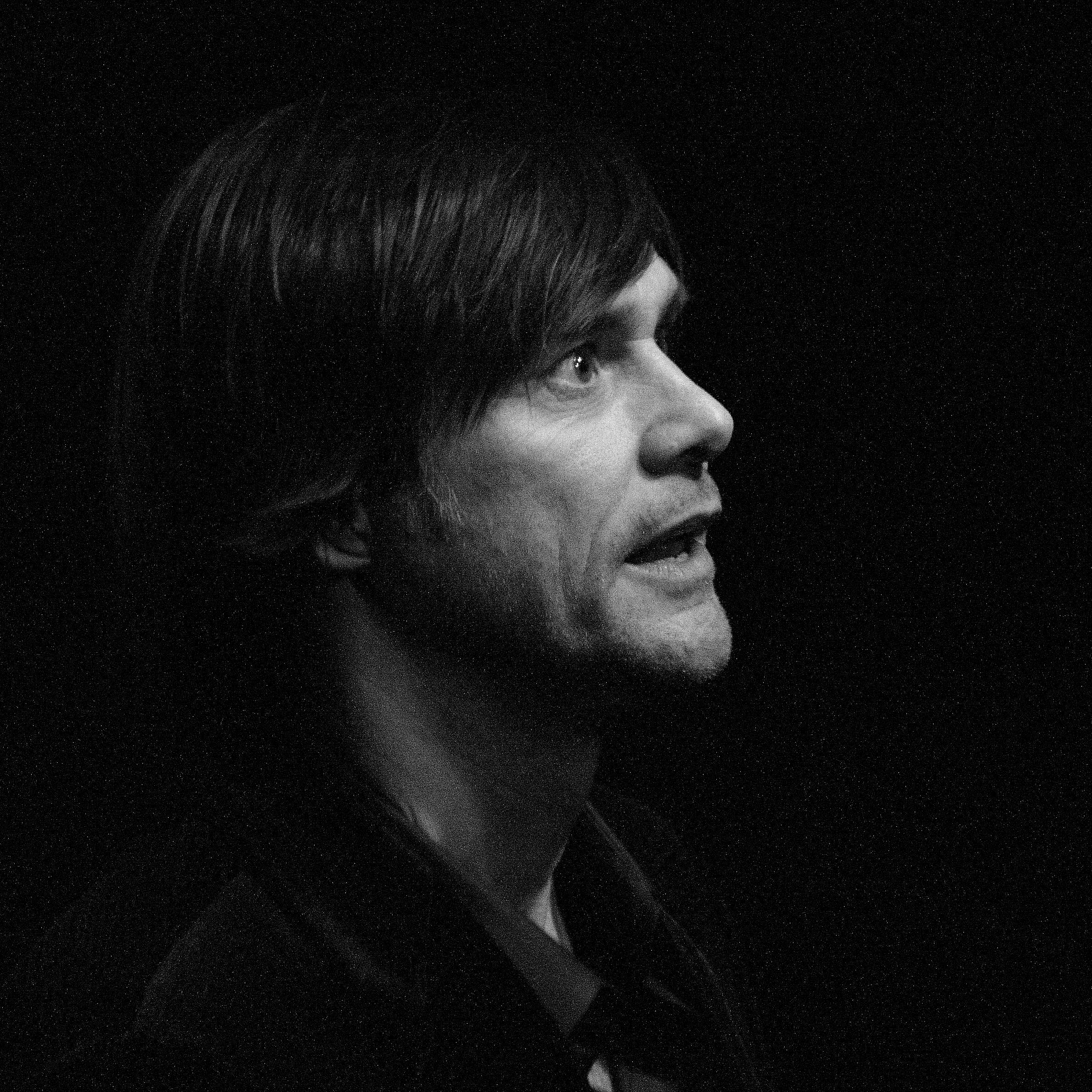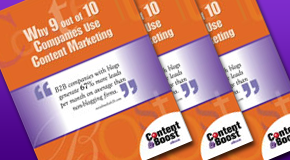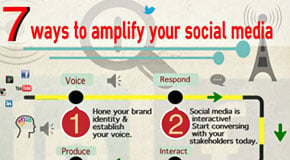Jim Carrey's career has come a long way over the past two decades since he catapulted into the spotlight, establishing himself as a commanding leading comedic actor in 1994 with a trio of hits—“Ace Ventura: Pet Detective,” “The Mask” and “Dumb and Dumber”—that collectively netted more than $600 million in profit at the box office.
The actor scored some more comedic hits—“Liar, Liar” and “Me, Myself & Irene”—following those blockbusters, but also began choosing more serious roles to expand his acting portfolio. While “The Truman Show” was a success, making more than $200 million at the box office (full disclosure: one of my favorite films), “The Majestic” was a box office failure in 2001, costing Warner Brothers $35 million.

Carrey reverted back to comedy in 2003, where “Bruce Almighty” netted more than $400 million.
But that was a decade ago, and the actor's career has faltered since then. His latest movie, “The Incredible Burt Wonderstone,” in which he is a supporting actor (instead of the leading man he'd certainly grown accustomed to being), failed to recoup its $30 million budget.
So what does a former superstar who is used to being insanely successful in all endeavors resort to after falling out of the limelight? Well, apparently taking to Twitter to bash his upcoming film, “Kick-Ass 2,” which opens in August.
“I did Kickass a month b4 Sandy Hook and now in all good conscience I cannot support that level of violence,” Carrey tweeted last month to his nearly 11 million followers.
Kudos to Carrey for expressing his opinion, as we're all entitled to our own, but in this day and age of intense scrutiny given to celebrities and their tweets, the actor should have known the backlash opining on controversial topics was likely to generate. After all, Carrey, as an actor, is a brand in his own right. And while the actor can be respected for offering his opinion on a contended issue, for the sake of his brand, he probably would have been better off keeping quiet on the subject.
Any brand needs to be aware of the potential fallout its tweets can generate. Take Epicurious, for example. The company tried to promote its food products in connection to the Boston Marathon bombing in April. The company probably, without thinking, figured it could help its brand out by linking its products with trending topic on Twitter. Talk about backfiring.
Similarly, Carrey likely thought he could help his career out by sticking to principle and taking a stand in order to get people talking. But here's how he failed:
He didn't think about his audience
Maybe Jim Carrey thinks everyone who follows him on Twitter is a diehard Jim Carrey fan. But common sense tells us out of 11 million people, chances are there are plenty of followers who aren't.
Fans of Jim Carrey responded to the tweet by asking whether he donated his fee earned from the movie to a charity that promotes nonviolence or benefits the families of Sandy Hook victims. The actor didn't respond one way or the other.
Fans of the first film and the comic book on which it's based asked Carrey how he wouldn't have known the movie was going to be violent. Had he not seen the first movie? Had he not read the script or the comic?
Fans of the NRA—or violent movies in general—took to Twitter to thank the actor for his tweet, saying they're looking forward to seeing the movie now.
The movie's producers were “baffled” by Carrey's actions. The creator of the comic, Mark Millar, said the actor's work in “Kick-Ass 2” is one of his “best ever performances.”
If there was a particular response Carrey desired from his audience, I'm not sure he got it.
He didn't think about repercussions
What does this mean for Carrey regarding future acting gigs? Are producers going to want to take a chance on a star who badmouths the film he or she stars in before that film is even released? That remains to be seen, but it's surely a pause for concern.
He didn't accomplish his objective
Okay: Maybe you're thinking that Jim Carrey is a genius and he tweeted that sentence so that he would make “Kick-Ass 2” more successful. That may be true, but I doubt it. (Scroll through the actor's Twitter feed and arrive at your own opinion.)
If he doesn't support the movie, like he claims, he made sure that more people are talking about it and more people will see it—which surprisingly seems to be contrary to his stated goal.
The lesson in all this for marketers is to be thorough about social marketing campaigns. Know your audience, know your objectives and understand potential repercussions if your audience is to interpret your message in ways in which you might not have intended.
If you're worried about controversy—or you think your message might be controversial—it might be best to avoid that altogether and go with something more agreeable to the majority.
As for Jim Carrey? I think we could all agree: Make sure “Dumb and Dumber To” makes for a worthy sequel.
Edited by
Carrie Schmelkin















